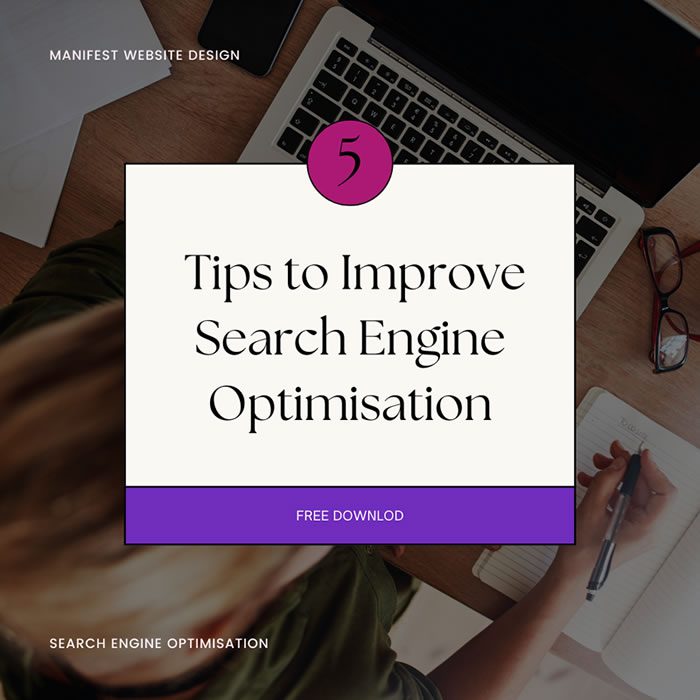Can You Send Marketing Emails Without Consent?
When it comes to email marketing, it can be easy to get carried away by the allure of instantly reaching thousands – if not millions – of potential customers through the click of a button.
So can you send marketing emails without consent? No. You can’t, and more importantly, you shouldn’t. Don’t look for loopholes. You might think that casting a wide net with your marketing emails can yield a larger catch, but without proper consent, you’re more likely to snag yourself a pretty hefty fine or a damaged reputation.
The Truth About Emails and Permissions
In the digital age, where business is often conducted through screens and inboxes, the power and relevance of email marketing are undeniable. However, one of the most critical questions that can make or break your success in this arena is about permission – can you send marketing emails without consent?
No, you should not. There’s a layer of legality that is often overlooked by businesses (i.e., The CAN-SPAM Act in the US, GDPR in the European Union, and similar laws in other parts of the world). These regulations make it explicit: To send marketing emails, you need the recipient’s consent.
Consent is also a matter of respect for your potential clients. The notion that businesses can send marketing emails without consent is an unfortunate misunderstanding, based on a time when digital privacy was not as widely understood or valued as it is today. The truth is, sending unsolicited emails is more likely to harm your business than help it.
Example
Suppose you own a small e-commerce business selling handmade soap. If you obtain an email list, say from a third party or a trade show, and start blasting promotional emails without getting explicit permission, the results can be disastrous.
Not only will most recipients disregard your emails, but some may also mark them as spam. Too many spam flags can lead to your email domain being blacklisted, which can hinder your ability to send any emails, not just marketing ones. So while the initial reach may seem attractive, the long-term consequences can be devastating.
4 Tips to Make Sure Your Email Marketing Is Legal and Consensual
1) Always Opt-In and Store Consent
Australia’s Spam Act of 2003 demands explicit permission to send marketing emails.
As an Australian business owner, meticulously recording the time, medium, and circumstances of obtaining consent from your potential customers is crucial. Whether consent was given through a checkbox on your website or verbally during a business expo, you must store this data for potential future scrutiny.
2) Offer an Opt-Out
Equally important as gaining consent is providing a clear way for recipients to withdraw their consent. Australian law mandates that all marketing emails should contain an easily identifiable unsubscribe link, allowing customers to opt-out with ease.
3) Refrain From Buying Email Lists
The allure of purchasing an email list may be tempting, but it’s a practice that raises significant ethical and legal questions. When you buy an email list, you’re essentially contacting people who haven’t explicitly given their consent to receive communications from you. This bypasses the fundamental aspect of permission-based marketing and puts you in
4) Never Spam Your Audience
It’s illegal to send unsolicited commercial electronic messages. More than just being illegal, spamming is a practice that erodes trust and damages your business reputation.
Spam can take many forms, but at its core, it involves sending frequent or irrelevant emails to your audience without their consent. It’s crucial to avoid crossing this line in your email marketing efforts and to respect your subscribers’ inbox.
A successful email marketing strategy goes beyond sending countless emails; it requires a careful understanding of your audience’s needs and preferences. For example, an Adelaide-based online fitness trainer sends out weekly personalized emails to her clients, with useful health tips and workout plans. Her emails are tailored and relevant, thereby avoiding the spam label.
Need Email Marketing Advice?
There’s a glaringly obvious line between being a helpful source of information and being a nuisance filling up their inbox. On the one hand, you want to reach as many potential customers as possible; on the other, there are strict laws, like GDPR, CCPA, and CAN-SPAM Act, to respect and adhere to. The ultimate lesson is clear: Obtaining clear, unambiguous consent should always be at the heart of your email marketing strategy.
Keep in mind that effective marketing isn’t about the number of emails sent. It’s about the quality of connections you build and maintain. With Manifest Website Design, you’re not just investing in a service, but a partnership that puts ethics, compliance, and customer satisfaction at the heart of your digital presence. Learn how your emails can drive conversions today.
JILLIAN BRANDON
About the Author
Jillian has over 30 years of experience in technology, programming, and digital marketing. Her work with the stock exchange in Australia, as well as other large corporations, has given her invaluable business expertise.
At Manifest Website Design, she helps goal-driven entrepreneurs build their business, regardless of size and industry, using the power of the internet. She’ll walk alongside you every step of the way, making sure that your website is running smoothly, and most importantly, generating leads. Connect with her on LinkedIn.




